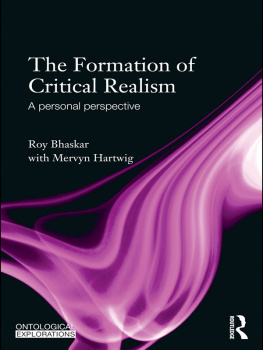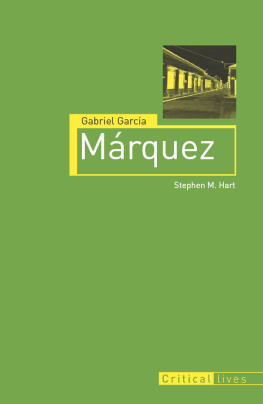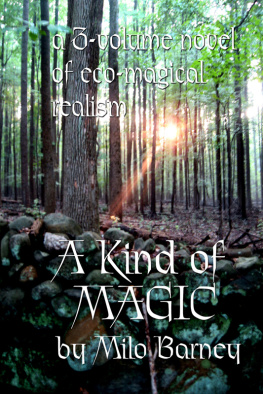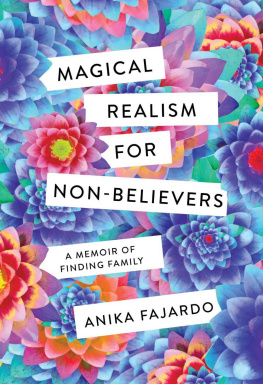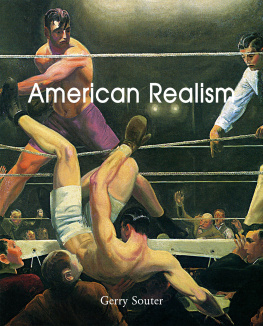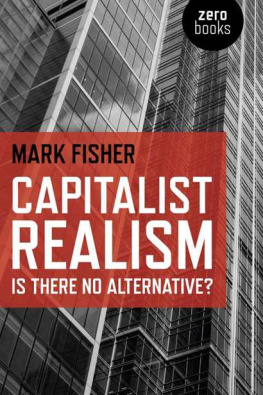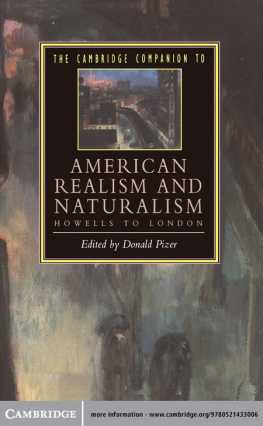Introduction
What is realized in the novel is the process of coming to know one's own language as it is perceived in som e one else's language, coming to know one's own belief s ystem in someone else's system.
- Mikhail Bakhtin, The Dialogic Imagination: Four
Essays
Novel Beginnings: The Novel and the Nation
The early twentieth century saw the emergence of a narrative mode , namely magical realism , that seem s to resist the very practice of literary categorisation as the discus sions as to its origin, conceptual definition and genuine practitioners have not ceased ever since its inception. The ambiguity and confusion surrounding the term do not only stem from the literal oxymoron, m agical r ealism, which suggests a relationship of i r reconcilable realms, but also from the intricate history behind it, spa n ning ninety -five years with three major turning points. Pictorial in origin, the term first appeared in Germany in the 1920s. It was only two years later that it crossed the Atlantic and came to be associated with an innovative literary style in Latin America. By the end of the 1960s, m a g ical r ealism had already established itself as a literary style unique to Latin American literature, which found its finest expressions in the works of Alejo Carpentier, Jorge Luis Borges, Isabel Allende and G a briel Garca Mrquez . Starting from the 1980s, m agical r ealism has come to enjoy a global appeal with the rise of post colonial literatures. Today, it functions as an umbrella term, referring to the characteristics of a literary mode which makes it possible to hold together such a d i verse group of writers as Gabriel Garca Mrquez, Ben Okri, Salman Rushdie, Toni Morrison and many others. The present study focuses on the last phase of magical realism, that is the postcolonial period , and aims at exploring the cultural work of magical realism in p ostcolonial Anglophone fiction by specifically pursuing answers to questions related to its widespread popularity in the former colonies . A particular focus of attention is , a s the title suggests , the novelistic representation s of the n a ti on and history.
The framework of the present study is largely indebted to Mikhail Bakhtins theory of the novel that he laid out in his famous essays , which were later collected in The Dialogic Imagination (1981). Partic u larly important and relevant to the theoretical framework of this study are Bakhtins ideas concerning the resolute contemporaneity of the no v el , and his emphasis on the necessity to deploy a contextual approach for the study of the novel. Bakhtin states that he decided to formulate his own theory of the novel because of the inadequacy of the existing lite r ary theories to elucidate the profound originality of the genre . For Bak h tin , much of the difficulty of providing a theory of the novel rises from the fact that it is a genre of a new and changing world, and it is yet u n completed and continues to develop , as he notes in Epic and Novel ( 3). It is precisely this ceaseless process of development that does not allow the novel a fixed generic definition . Bakh t in takes this quality of the novel not as a problem to be overcome, but as its defining characte r istic. For Bakhtin, the novel is, above all, a genre-in-the-making , one in a living contact with unfin ished, still- evolving contemporary reality (the opene n ded present) (7). Unlike the novel, o ther genres, such as e p ic and tragedy, have already lost their literariness and become obsolete . These dead genres preserve their rigidity and canonic quality in all classical eras of their development; variations from era to era, from tren d to trend, or school to school are peripheral and do not affect their ossified generic skeleton (8) .
Bakhtin offer s three characteristics to help distinguish the novel in principle from the epic and other obsolete genres,
(1 ) i ts stylistic three-dimensionality , which is linked with the multi-languaged consciousness realized in the novel ; (2 ) the radical change it effects in the temporal coordin ates of the lite r ary image; (3 ) the new zone opened by the novel for structuring literary images, namely, the zone of maximal contact with the present (with contemporary re ality) in all its openendedness. ( 11)
T hese three characteristics are all organically interrelated since they came into being as a result of a significant event in European history: capitalist expansion. For Bakhtin , the rise of the novel coincides with European countries coming into contact with other cultures and wide n ing their linguistic repertoire. The novel is , as Bakthin puts it, powe r fully affected by a very specific rupture in the history of European civ i lization: Its emergence from a socially isolated and culturally deaf sem i patriarchal society, and its entrance into international and interlingual contacts and relationships (11). As a literary outcome of this multitude of different languages, cultures and times, the novel is in a constant flux, ever questing, ever examining itself and subjecting its establ ished forms to review (39) . The aptness for self-criticism is the source of the novels immense capacity for change and experimentation, which Bak h tin calls sty listic three-dimensionality (39).
Temporality is the central concept in Bakhtins distinction between the novel and completed genres , including the epic . In general, Bak h tin notes, the world of high literature in the classical era was a world projected into the past, on the distanced plane of memory , but not into a real, relative past tied to the present by uninterrupted temporal trans i tions; it was projected rather into a valorized past of beginnings and peak times (19). The epic is, by definition, a poem about an absolute past, shared by the collective national memory. However, Bakhtin alerts us to the fact that absolute past is not to be confused with time in our exact and limited sense of the word; it is rather a temporally valoriz ed hierarchical category (18). Bakhtin believes that the epic depicts a fixed idealised image of the national past, which demands a pious attitude as it is hierarchically above the reader. It is, as he puts it, the world of firsts and bests. (15). It f o llows that the epic is monochromic since it does not have any organic connections with the present. Although the author and his/her audience share the same temporal plane, the present, the represented world of the heroes stands on an utterly different and ina c cessible time-and-value plane, separated by epic distance (14). It is, therefore, impossible to rethink and re-evaluate the present in the zone of an absolute distant image created by the epic. It does not serve the f u ture but the future memory of a past and therefore the epic creates a world that is always opposed in principle to any merely transitory past (19 emphasis original ).
For Bakhtin , the novel marks the shift of the temporal centre of arti s tic orientation from the absolute past to living contemporaneity with all its multiplicity. The creative impulse behind the novel is not the memory, but experience, knowledge and practice (the future) (15). It is contemporary reality that forms the novels point of view. Anchored in evolving contemporary reality rather than the distant past, the novel reflects more deeply, more essentially, more sensitively and rapidly, reality itself in the process of unfolding (7). According to Bakhtin, it is laughter that destroys the hierarchical epic distance and thus the closed world of the epic: [t] he absolute past of gods, demigods and heroes is here, in parodies and even more so in travesties, contemporized: it is brought low, represented on a plane equal with contemporary life, in an everyday environment, in the low language of contemporaneity (21). In this narrative plane opened by the novel, different voices, styles, and languages come into play, giving rise to what Bakhtin terms as dial o gism. As Bakhtin explains i n his Problems of Dostoyevskys P oetics , the term dialogism refers to a plurality of independent and unmerged voices and consciousnesses, a genuine polyphony of fully valid voices ( ). In stark contrast with the monologism of traditional authorial di s course as in the epic tradition, in dialogic texts characters speak for themselves, representing different social strata and ideological concerns. However, it should be noted that in Bakhtin ian theory dialogue does not mean a mere exchange of words or ideas as the everyday use of the word suggests. On the contrary , it entails a struggle among socio-linguistic points of view ( Discourse 273). As an example of dialogic imagination, Bakhtin points to Dostoevsky s ability to create textual spaces in which several voices maintain equal dominance where t he contestation among socio-linguistic points of view results in resistance to discursive unities.


